-1.png?width=575&name=PZF%20Photo%20Updates%20(2)-1.png)
Public-Private Roundtables
Digital Assets
Artificial Intelligence
ESG
Urgent Solutions for a Better Tomorrow
2025 is a defining year for Europe and the world. Amid rapid change, the public-private roundtables at Point Zero Forum are a vital platform for urgent, outside-in solutions. Conducted under Chatham House Rules, these sessions foster open, candid dialogue in a confidential setting—ensuring meaningful, actionable outcomes. Led by regulators and policymakers, each roundtable is designed to produce tangible results, whether it’s drafting a whitepaper, launching a working group, or issuing a public commitment.
Accessible only via these passes:
Industry, Executive, Founders, Policy & Media
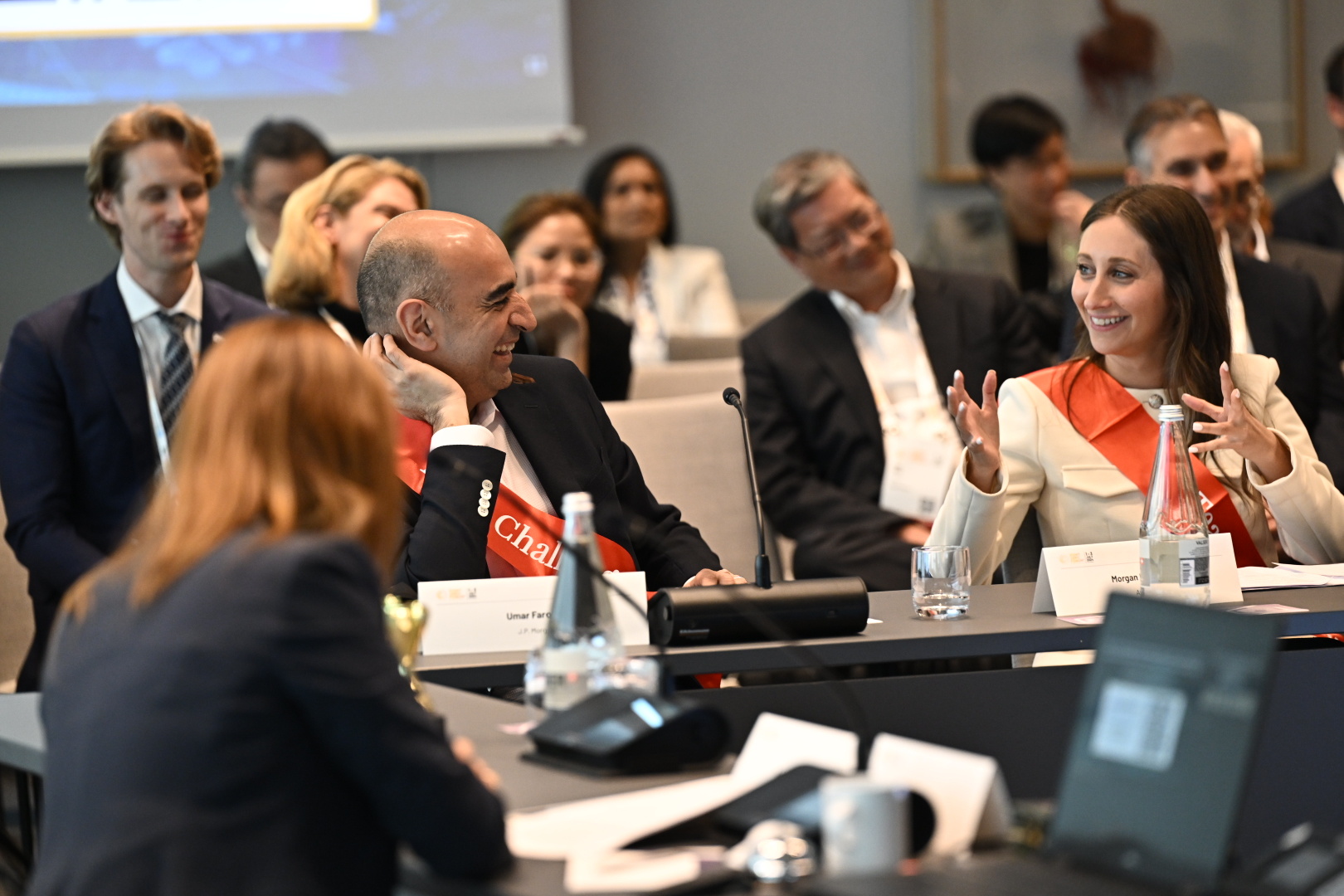
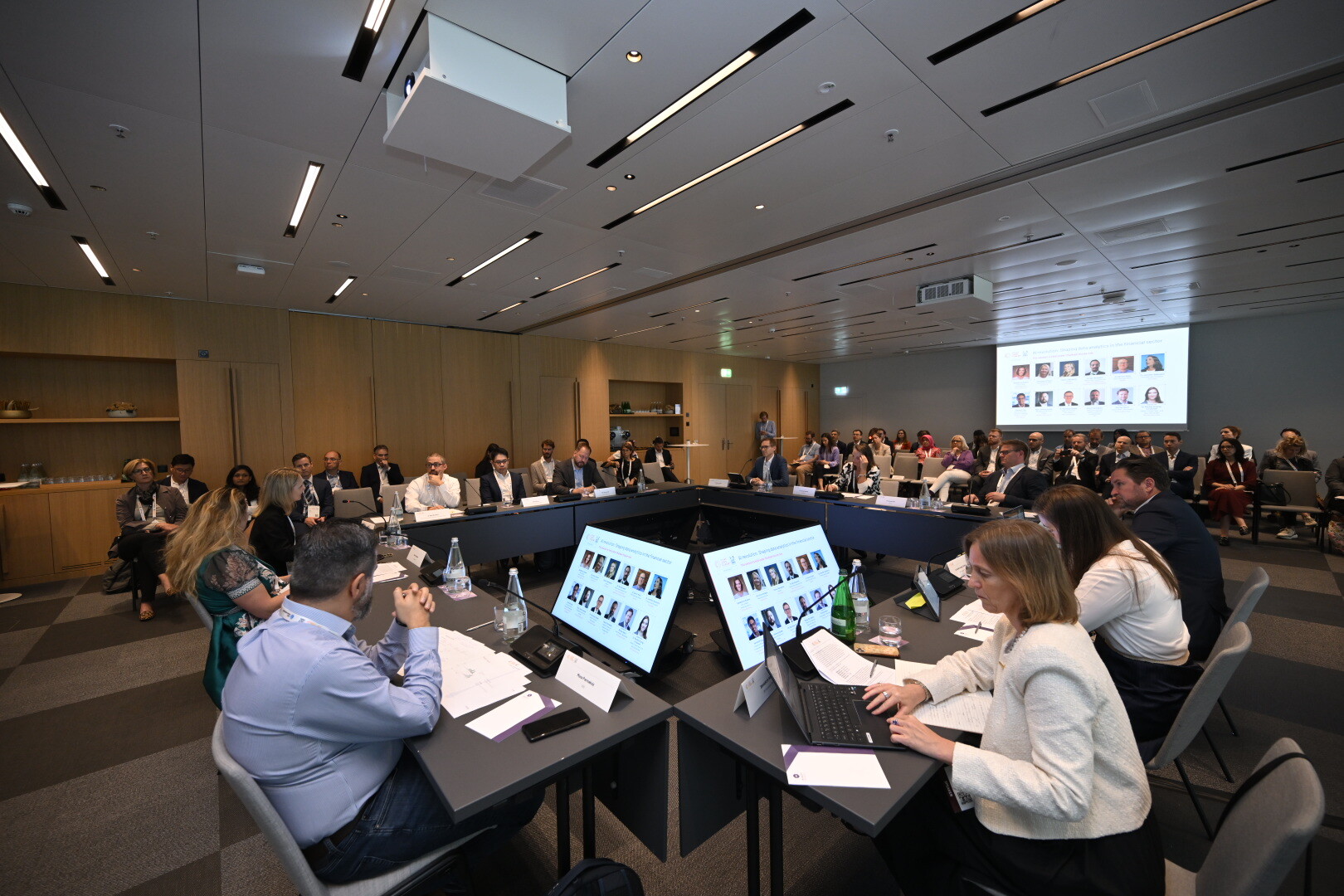
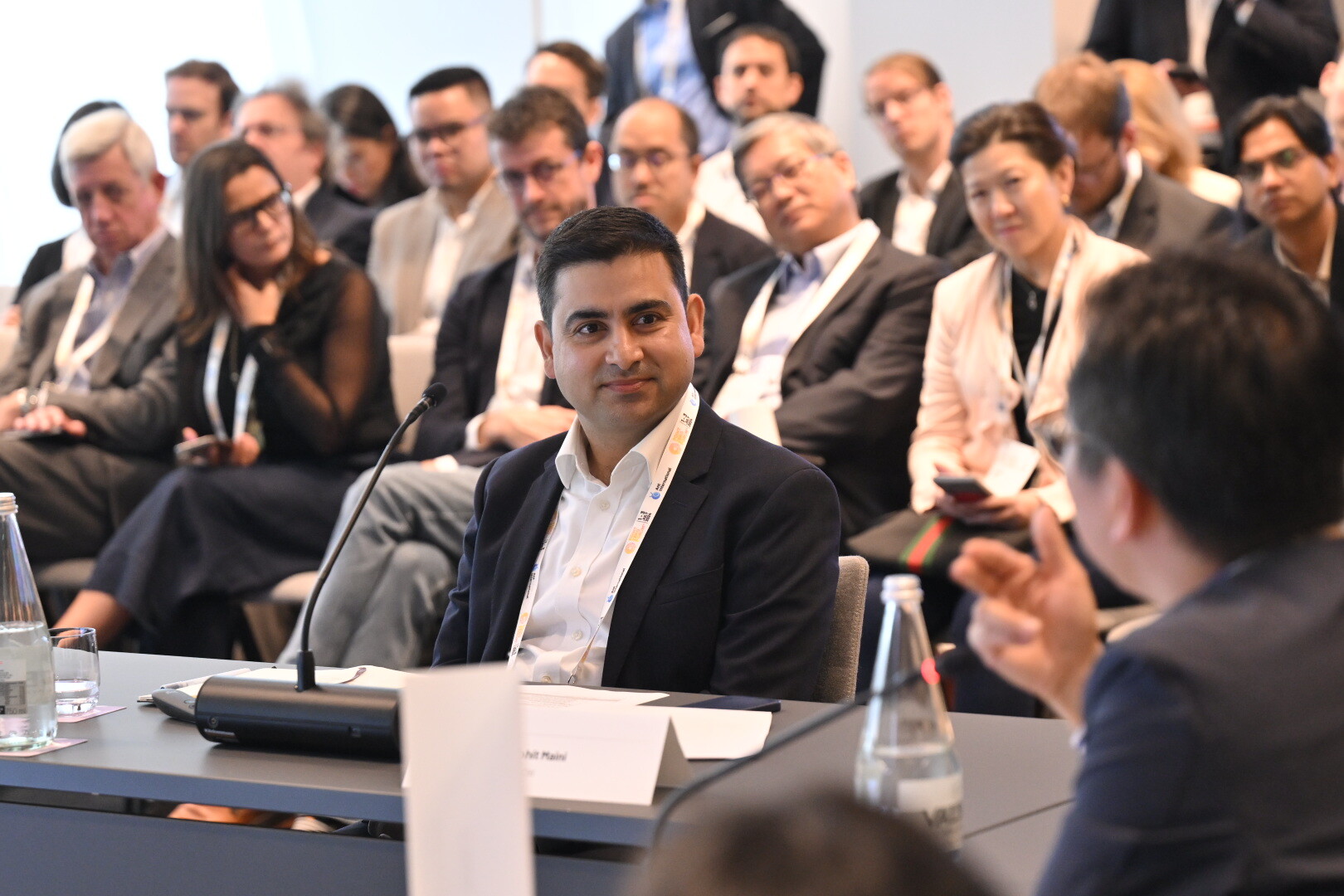
2025 Focus Areas
Regulatory Harmonisation and Clarity in a Fragmented Global Landscape
- DLT for Financial Market Infrastructure (FMI): What Is Missing
- Ensuring Privacy and Trust in Digital Asset Data Flows
- Market Abuse in Crypto Markets
- Navigating Global Regulatory Headwinds in The Future of Digital Money
- Permissionless Blockchain in Financial Services and Public Blockchain Regulation
- Re-thinking Payment Controls in A Blockchain and Tokenized World
- The Fungibility of Stablecoins: Unlocking Cross-Border Payments or Fragmenting the Global Financial System?
- The Future of Staking: Identifying Critical Issues Around Regulation, Market Risks and Investor Protection
- The Stablecoin Debate Unpacked: Right Rules for Stability, Security and Growth
As blockchain, digital assets and tokenized finance transform global markets, regulatory fragmentation remains one of the most pressing challenges for innovation, financial stability and cross-border interoperability. Divergent national policies on public vs permissioned blockchains, stablecoins, staking, and digital asset privacy create legal uncertainty, compliance burdens, and operational roadblocks – hindering the seamless adoption of transformative financial technologies.
With the rise of DeFi, stablecoin adoption and tokenized financial infrastructure, the question is no longer whether regulation needed, but how to design regulatory frameworks that balance security, trust and market integrity without stifling innovation. As new technologies push the limits of existing financial oversight, policymakers, regulators and industry leaders must collaborate to define clear, enforceable and globally compatible rules for the future of finance.
Strengthening Global Competitiveness in Europe
Europe’s economic and technological competitiveness has long been anchored in the strength of its Single Market. However, as AI, digital finance and green technology define global power dynamics, Europe must go beyond market cohesion to secure its leadership in strategic technologies.
In an era of geopolitical shifts, policymakers and industry leaders must align on policy, investment, and industrial strategy to ensure Europe remains an innovation hub rather than a regulatory bystander. The challenge lies in striking a delicate balance – driving innovation while mitigating risks, strengthening regulations without deterring capital and talent, and advancing sustainability without comprising economic growth.
- AI Governance in A Competitive World: Balancing Innovation, Regulation and Ethics
- Can Finance Build Its Own AI Stack?
- Decoupling From Big Tech: Balancing Europe’s Move Towards Digital Independence With AI Innovation
- The Europe Opportunity: Enhancing Digital Sovereignty in Climate Action and Greentech
Bridging the Global Digital Divide: Expanding Access to Emerging Technologies
As digital transformation accelerates, technological advancements are reshaping economic opportunities, financial systems, and sustainability efforts. Yet billions—particularly in the Global South and underserved regions—lack access to essential digital infrastructure, financial services, and next-generation technologies such as AI, quantum computing, digital assets, and climatetech.
Without urgent action, this divide risks deepening economic inequality, limiting participation in the global digital economy, and slowing progress on critical issues such as climate resilience, financial inclusion and sustainable development. The challenge is twofold: ensuring access to digital infrastructure while designing technology policies that are ethical, inclusive, and adaptable to diverse regional needs.
This discussion will explore scalable solutions to bridge the digital inequalities, focusing on how AI, fintech and digital payment infrastructure can be harnessed to drive inclusive, equitable, and sustainable growth.
- Adapting to the Future: Building Resilient Supply Chains in the Face of Climate Change
- Next-Generation Digital Payment Infrastructure
- Restoring Confidence: Rebuilding Trust in Carbon Markets for A Sustainable Future
- The FinTech Ecosystem Playbook: Foundational Components to Drive Innovation, Financial Inclusion and Economic Growth
- Trust in AI: Will Consumer Protection and Data Privacy Regulations Hinder or Enable AI Adoption in the Global South?
Regulators & Innovators: Public-Private Projects Driving Financial Transformation
Accelerating the development, scaling and adoption of industry pilots, financial regulatory sandboxes and innovation hubs.
Spotlighting industry projects spearheaded by the public sector, such as those by the Monetary Authority of Singapore, the Swiss National Bank, the BIS Innovation Hub, FINMA, and the Swiss Secretariat for International Finance
- Architecting the future of cross-border payments – An Agorá roundtable
- From Project to Platform: The Nexus Scheme Organisation
- Showcase: Best of Project Guardian



Latest Updates
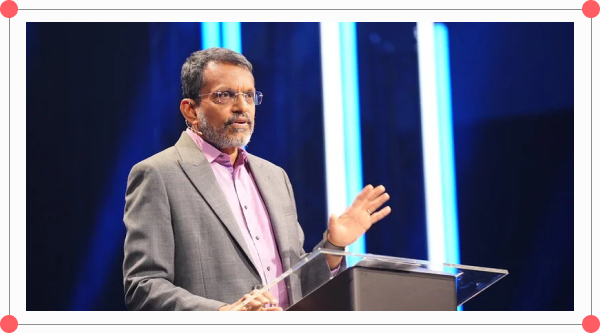
Watch Forum Sessions
Access three months of replays from the Forum and Insights stages via our app. Hear global leaders' perspectives on AI, ESG, and Digital Money at your convenience.
Programme Overview
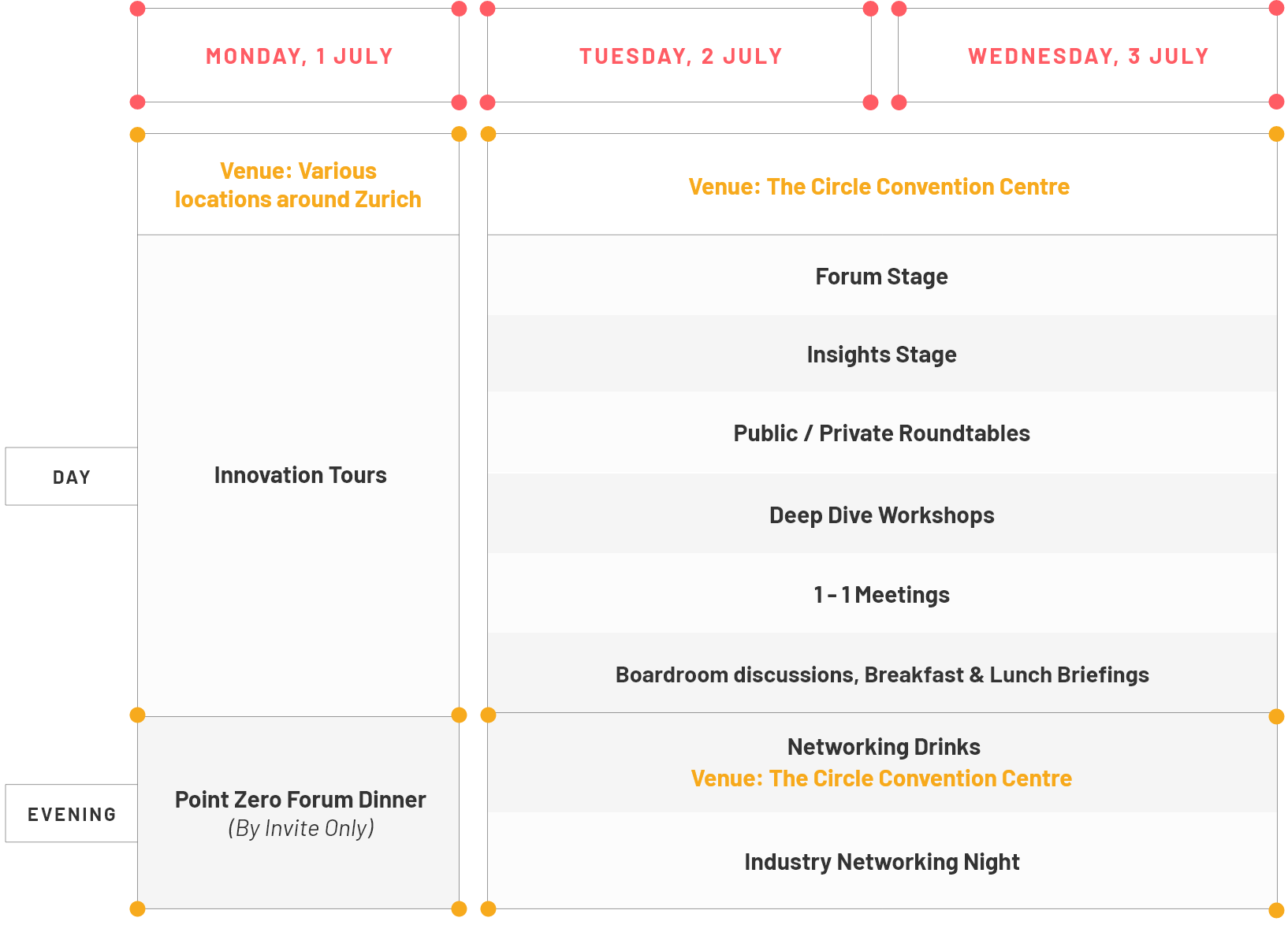
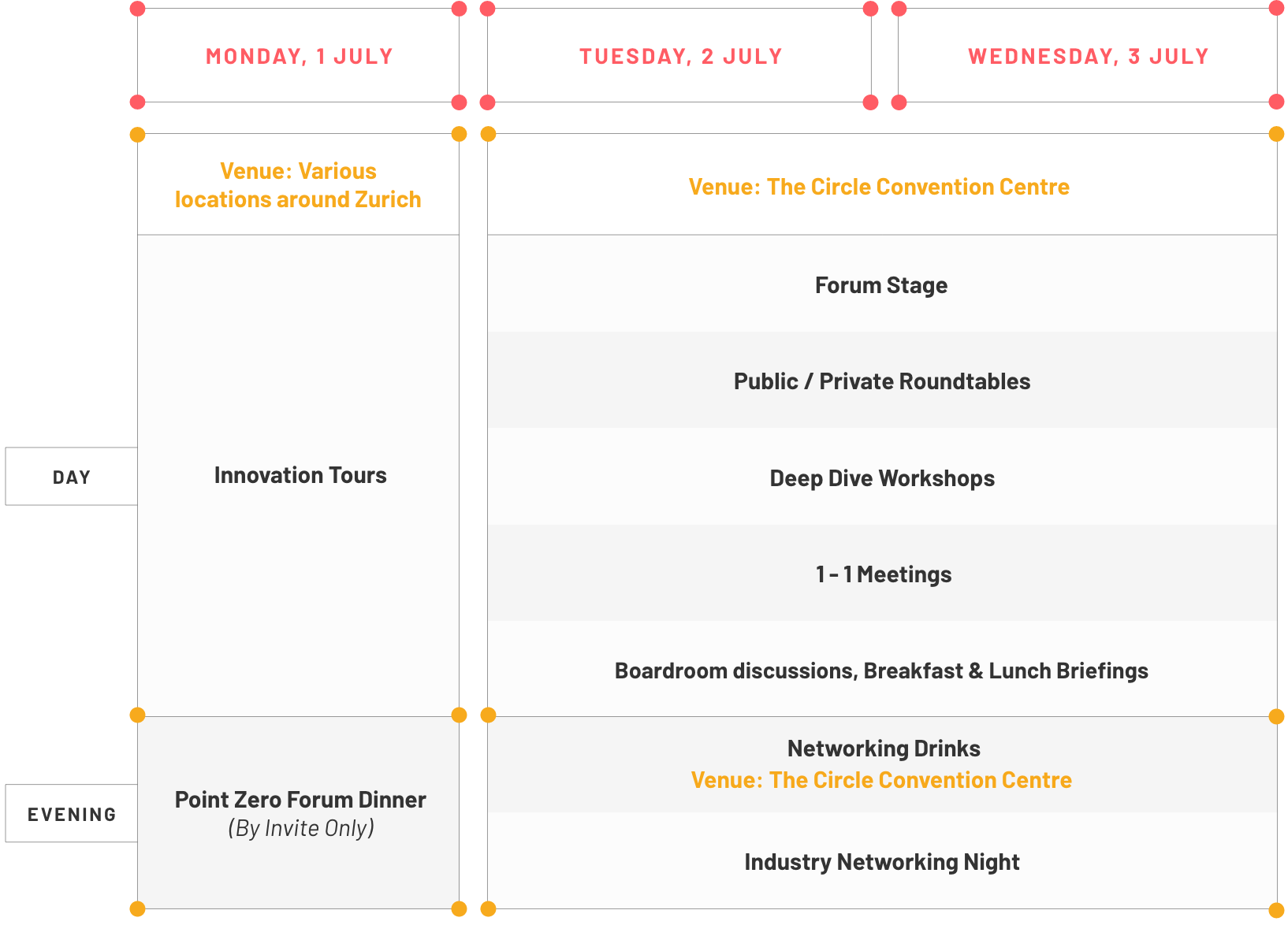
%20(1).png?width=2000&height=954&name=PZF%20logo%20(web%20header)%20(1).png)







